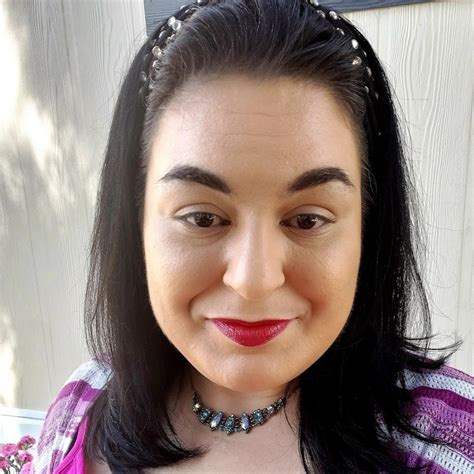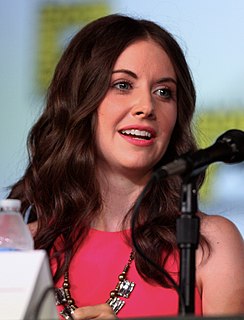A Quote by Kenneth Lonergan
I personally don't need to see a story about a person that starts up miserable and ends up worse.
Related Quotes
Everything is being synced up, and it's harder to see where the skill starts and the technology starts and ends. Maybe that's a good thing; it's more enjoyable for the listeners, more enjoyable for the party, if you don't need to worry about things falling off. So maybe we can concentrate on other aspects of the art form.
I think most of the time with independent films, you don't know where it's gonna end up. I've done a number of films that may never see the light of day, so it ends up being exclusively about the content, material, the characters and the story. Things that you maybe wouldn't get an opportunity to do otherwise. So, as an actor, obviously it's so different.
In India, I personally believe yes, there is a clear fear of unknown; there's a lot of risk aversions in science and technology. They want predictability in everything they do, and it starts from people. It starts from investors. It starts from the regulators. You see that mindset across the society.
While you're playing cards with a regular guy or having a bite to eat with him, he seems a peaceable, good-humoured and not entirely dense person. But just begin a conversation with him about something inedible, politics or science, for instance, and he ends up in a deadend or starts in on such an obtuse and base philosophy that you can only wave your hand and leave.
What is a scene? a) A scene starts and ends in one place at one time (the Aristotelian unities of time and place-this stuff goes waaaayyyy back). b) A scene starts in one place emotionally and ends in another place emotionally. Starts angry, ends embarrassed. Starts lovestruck, ends disgusted. c) Something happens in a scene, whereby the character cannot go back to the way things were before. Make sure to finish a scene before you go on to the next. Make something happen.






































